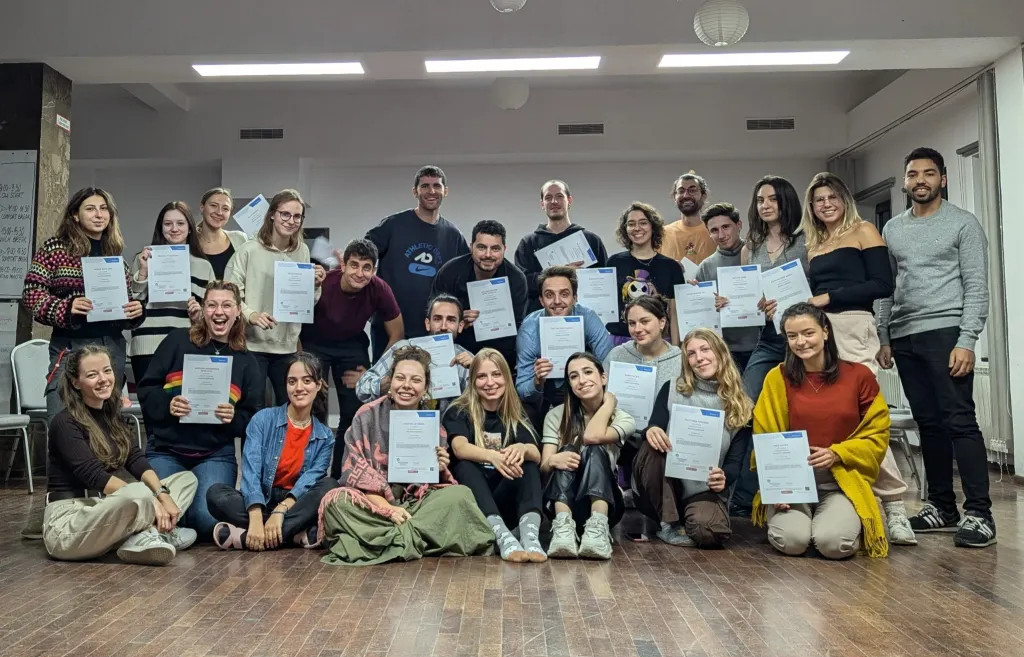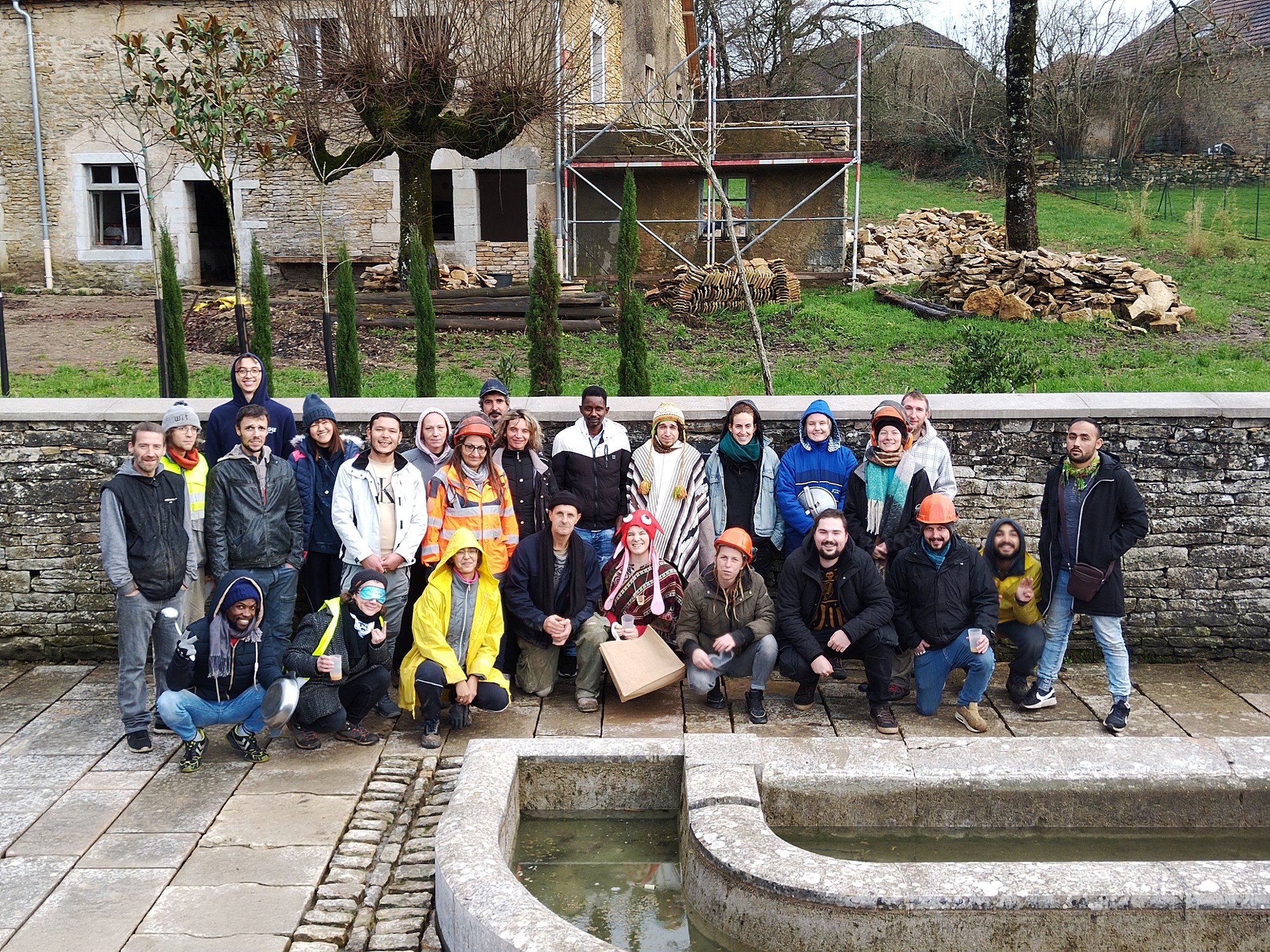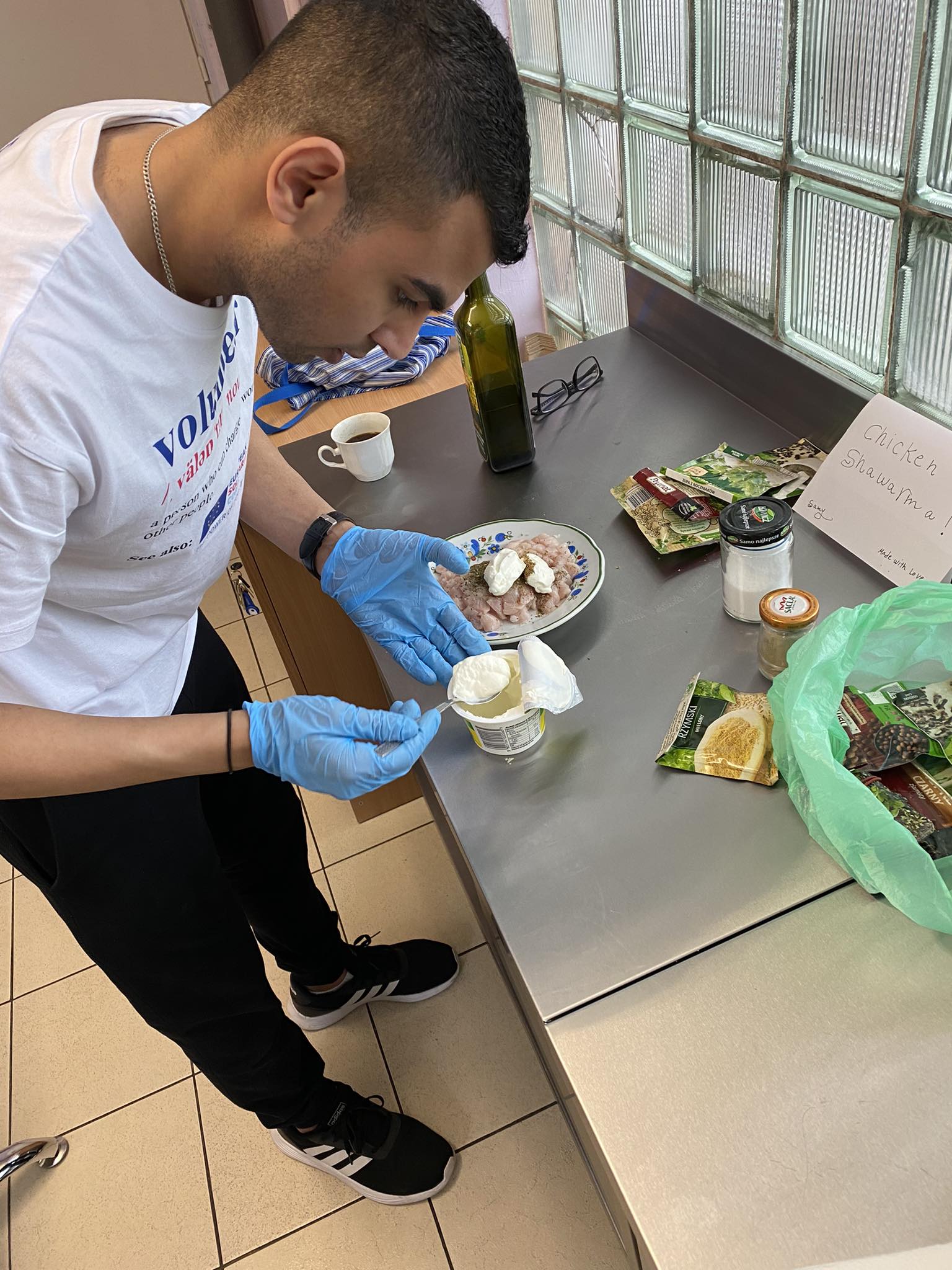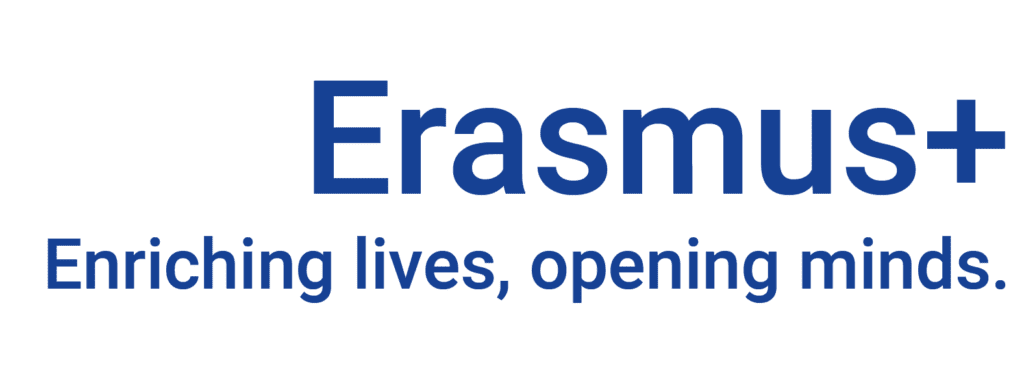Published by
SALTO Eastern Europe and Caucasus
Katya moved to Poland from Belarus in 2023 to study architecture in Łódź. She spent a year taking Polish language course, where she discovered the world of youth work and the Erasmus+ Youth opportunities.
After enrolling in a university language course in October 2023, I met a classmate who was absolutely obsessed with Erasmus youth projects. She talked about them all the time, and when she returned from a week-long seminar, the excitement in her eyes said it all. I thought, “Why not give it a try too?” – Katya confesses.
The search for projects
The first challenge Katya faced was figuring out where to even find activities for beginner youth workers.
I searched everywhere – Google queries, ChatGPT prompts, Instagram searches, Telegram channels – every possible source. The second challenge was understanding what makes a strong application. When applying, I focused on my interests, experience… and the countries! After all, I really wanted to travel the world – says Katya.
At that time, Katya had no clue that… SALTO exists. And then she discovered this incredible platform where one can find perfect training, matching organisation for common project connect with other trainers, and a number of other opportunities.
Dealing with rejections
In the first few months, I received a lot of rejections. The organisers rarely explained why, probably because of the high number of applications. But I didn’t get discouraged and kept applying because I wanted to learn new things, see the world, meet new people, and experience different cultures – Katya shares her experiences.
Crafting the perfect application
The application usually includes a number of questions, covering topics like your motivation, reasons for choosing the project, and the contribution you want to make. Your uniqueness, experience, and strong motivation are key factors in getting selected.
Later, when I was on the selection side of things, I noticed that many applicants use ChatGPT to answer the questions. I was guilty of that too in the beginning. But the most important thing when filling out an application is to be yourself and honestly explain why this opportunity matters to you. It’s crucial that the project’s theme aligns with your interests or background – Katya advises.
The first activity
Katya’s first seminar was in Kolín, a suburb of Prague, in April 2024. She says that it was an unforgettable and life-changing experience to her. The program focused on how to engage young people in civic life and encourage them to become active members of society. After the projects, Katya had tons of new contacts, and just a month later, another participants from the training sent her a link to another activity called Leadership for Youth.
She wrote, “This is perfect for you!”. In my application, I simply wrote: “Someone sent me this link and said it’s perfect for me!”. And I got in (but of course I had explained, why was it so much suiting my interests) – Katya says laughing.
After her first seminar, Katya became a volunteer at YoWoPoland, helping with organisation and implementing different activities. During her volunteering she was advised to apply for a financial literacy training in Croatia in June 2024. This project covered how financial systems have evolved over time, including topics like cryptocurrency and investments. One of the most interesting exercises to Katya was to list participants’ favourite activities. Many participants realised they didn’t engage in them daily – like meditation. The trainers pointed out that if you love something, it could become a source of passive income. A simple but eye-opening realisation, often overlooked in the rush of daily life. Participants also learned about the values of Erasmus+ and how its focus has shifted over the years. Since 2021, many projects have emphasised digital technologies and increasing awareness about them.

Following projects
Katya’s next seminar was in Poland in November 2024, focusing on how to design own quality youth project. This was especially useful for facilitators – whether already working or just starting out. Since Katya want to create her first own, international youth project, this training was invaluable to her. Participants have learned about activities organisation, workshops, and structuring projects.
In December 2024, Katya has joined another training “Me, Myself & I,” designed for trainers. Participants reflected on personal growth with questions like:
- What kind of trainer was I before?
- What kind of trainer am I now?
- What kind of trainer do I want to become?
The project was entirely reflection-based, helping everyone to understand strengths and areas for improvement.
Language & Time Management
All Erasmus+ projects Katya joined were conducted in English, even though they could be in other languages as well.
I already had a language base in English, but now my level is a confident B2. Since these projects required expressing ideas and understanding others, my basic level of English developed, but without basics I would be lost. At the same time, I didn’t skip my Polish course and carefully selected projects so they wouldn’t interfere with my studies. Most seminars last between 3 to 7 days, making them manageable alongside academics – Katya shares practicalities.


The essence of Erasmus+
Erasmus+ projects are a lot about intercultural exchange. Katya underlines that she had many occasions to share stories about Belarus, its culture, and traditions. Unlike formal education, Erasmus+ Youth is based on interactive activities and group work rather than passive lectures. You can’t just relax—there’s always something happening.
Finding myself
Currently, Katya volunteers with European Solidarity Corps programme, assisting with events’ organisation. She highlights her love to help others and she wants to continue creating international youth projects so young people can explore the world and themselves
One conversation during a program helped Katya to answer a deeply personal question: “How do you find yourself?” One response stood out: “By losing yourself.”
Ultimately, I decided to postpone my architecture studies. These projects helped me realise it wasn’t my path. I believe that after the first project, everything was just beginning. I learned empathy, adaptability, and a deeper understanding of myself. And, surprisingly, I also learned how to rest – it turns out, that’s a skill too.
My cultural awareness and self-organisation have significantly improved. I now have a network of contacts, inspiring individuals and active organisations, and endless opportunities shared by other participants. Once you attend one event, connections start multiplying. These experiences help to realise that the world is incredibly diverse and fascinating – and, in the end, we all need each other.
| The Erasmus+ story of Katya was initially published at the ADU.PLACE portal. |



